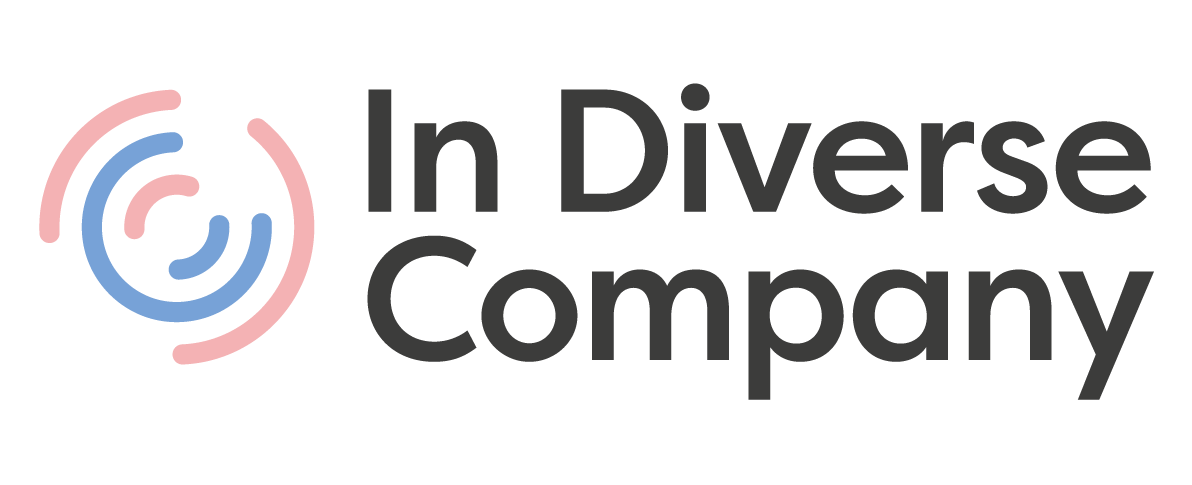At In Diverse Company, World Mental Health Day is one that holds great significance to us. Not only is it a cause that we are passionate about as a business – men’s mental health is something that we do a great deal of work around – but mental health plays a huge role in our work that helps organisations build inclusive cultures.
Inclusion and mental health in the workplace go hand in hand. We passionately believe, and our platform can prove, that to create a workplace that supports employees wellbeing and mental health you must have an inclusive culture – one where people can be themselves, an environment that allows them to thrive and to be open and transparent.
It is great to see days like today creating so much momentum and raising awareness of such an important cause. More and more organisations that we meet and work with are having conversations around mental health than ever before – but there is still a way to go. Yes, the fact that mental health is now widely spoken about and acknowledged is fantastic, but more often than not the term ‘mental health’ has negative associations.
Even researching interesting stats around mental health in the workplace to share today came up with the following:
- 1 in 6.8 people are experiencing mental health problems in the workplace
- Women in full time employment are nearly twice as likely to have common mental health problems as full-time employed men (19.8 vs. 10.9)
- Evidence suggests that 12.7% of all sickness absence days in the UK can be attributed to mental health conditions
By focusing on the negative, there is only so far we can take the conversation. Instead, why not focus on how we can be mentally healthy or think about the characteristics of good mental health?
Good mental health is characterised by a person’s ability to fulfil a number of key functions and activities, including:
- the ability to learn
- the ability to feel, express and manage a range of positive and negative emotions
- the ability to form and maintain good relationships with others
- the ability to cope with and manage change and uncertainty
Through our programmes and platform, these are some of the areas that we focus on and help individuals, teams and leaders build habits around. Once we understand the triggers and behaviours that can begin to unravel our own mental health and that of our teams, we become more aware and able to act and support each other. In a work environment, this leads to positive wellbeing and increased productivity.
Through our platform, we look at an organisation, team or individual’s mental health overall – taking measurements each day and even at different points across the day. This allows leaders to view the mood or health of an organisation at any given point, and most importantly to act on it in the moment as well as being able to support individuals through bespoke programmes such as managing stress, dealing with conflict or workload etc.
This way, organisations are able to support their people and act on issues and triggers often before it becomes a mental health problem or issue.
This year at IDC we are committing to talking about mental health in the same way as we would about physical health, in the hope to start a movement first of all in our own organisation in the hope that it will be picked up by the organisations that we work with.
If we can begin to open up the conversation around mental health in general, not just when there is a problem, we will begin to promote positive mental health and create a positive association around it.




